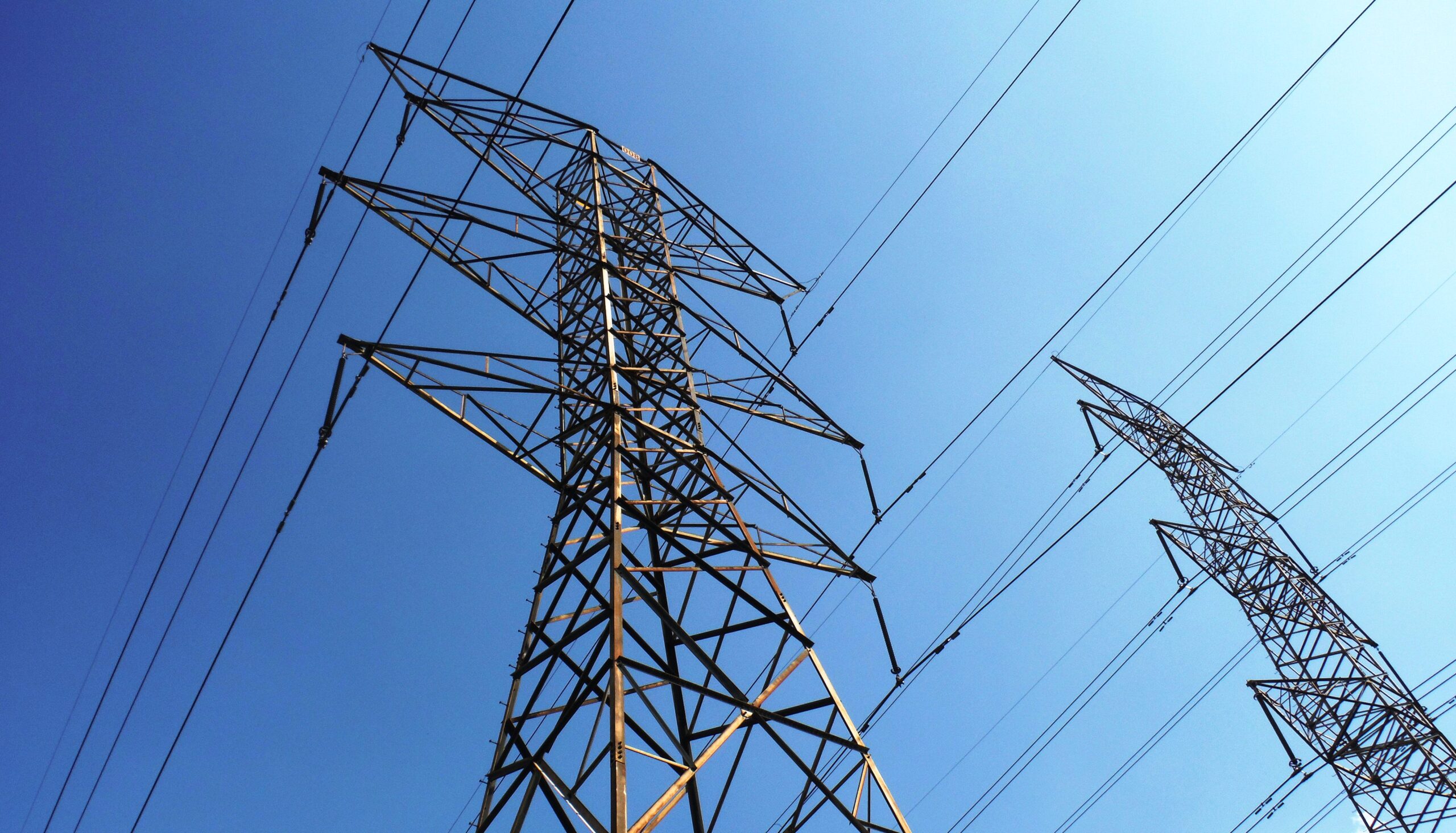The loss of competitiveness of the Catalan cement industry due to the increase in energy, thermal and electrical costs, insufficient access to alternative fuels, and the increase in the price of the right to emit greenhouse gases are most clearly reflected in sales in foreign markets. In the last 12 months alone, the drop in foreign business has reached 15.5%, and in the 5-year period, cement and clinker exports have fallen by a third. For a traditionally exporting industry -at the beginning of the 1980s, 6.4 million tons were sold outside the domestic market- the current situation of variable costs in production threatens the future of the factories.
According to the president of the Ciment Català employers’ association, Salvador Fernández Capo, the situation is still likely to worsen “if the Generalitat’s project to impose a tax on CO2 emissions from industrial activities prospers”. If this legislative initiative is approved, “we would find ourselves facing the perfect storm”, to the point that the continuity of certain Catalan factories – some of which are centuries-old – would be seriously threatened.
For Fernández Capo, “we face difficulties at all levels: local, to use alternative fuels, which are safe for health and the environment; regional, due to the possible tax on CO2, overlapping with the European greenhouse gas emission market, in addition to the administrative or political difficulties for the authorization of alternative fuels; state, due to the skyrocketing cost of electricity; and even European, because of the price of the CO2 emission right”.
The most immediate consequence of this situation may be the relocation of production to other territories, whether they are other autonomous communities or to third countries. The variable costs of manufacturing clinker and cement have skyrocketed in the last year. It should be remembered that, in 2021, electricity has increased by 200% (up to €15/t cement with an additional variable cost), alternative fuels by more than 100% (more than €5/t cement with an additional variable cost) and the price of the CO2 emission rights have grown by 200% (close to €5/t additional variable cost cement). All this gives rise to increases in variable costs of over 150% (more than €25/t additional cement), which severely hamper the competitiveness of Catalan factories with those of other territories that have not been subject to any or all of the the effects described.
To alleviate the current situation, the president of Ciment Català advocates acting on three different fronts. In the first place, on the cost of thermal energy and “above all, with the use of a greater quantity and variety of alternative fuels”. Secondly, on the cost of electricity “which must return to reasonable levels, avoiding windfall profits in the electricity sector and rationalizing its cost and its transition to green generation”. And, lastly, through the proper operation of the border adjustment mechanism (CBAM) both in relation to imports and exports, so that it can compete on equal terms, “which will undoubtedly relaunch our activity because we have efficient facilities adapted to the Best Available Techniques defined at European level”.

